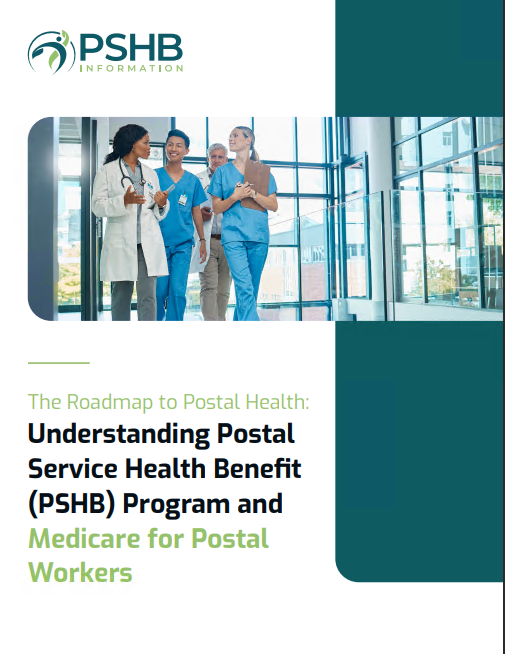Key Takeaways
- Exploring dental coverage options under Medicare is crucial for beneficiaries to ensure comprehensive healthcare.
- Understanding the various dental plans, including Medicare Advantage and supplemental dental coverage, can help recipients make informed decisions.
Exploring Medicare Dental Coverage Options and Dental Benefits for Medicare Recipients
Dental health is an essential component of overall well-being, yet traditional Medicare (Part A and Part B) does not cover most dental care, including cleanings, fillings, tooth extractions, and dentures. However, there are several ways for Medicare recipients to obtain dental coverage through various options. This guide explores the different dental coverage options available to Medicare recipients, the benefits they offer, and how to enroll in these plans.
Understanding Medicare Dental Coverage
Traditional Medicare, comprising Part A (hospital insurance) and Part B (medical insurance), generally does not provide coverage for routine dental services. Coverage under these parts is usually limited to dental care received in a hospital setting due to an emergency or complicated dental procedures requiring hospitalization. For broader dental benefits, Medicare recipients must explore other options, such as Medicare Advantage plans, standalone dental insurance policies, and supplemental dental plans.
Medicare Advantage (Part C) Dental Coverage
What is Medicare Advantage?
Medicare Advantage (MA), also known as Part C, is an alternative to traditional Medicare. These plans are offered by private insurance companies approved by Medicare and must provide at least the same level of coverage as Part A and Part B. Many MA plans offer additional benefits, including dental, vision, and hearing coverage.
Dental Benefits in Medicare Advantage Plans
Most Medicare Advantage plans include dental benefits, although the extent of coverage can vary significantly between plans. Common dental benefits provided by MA plans include:
- Preventive Services: Routine cleanings, exams, and x-rays.
- Basic Services: Fillings, extractions, and some types of periodontal care.
- Major Services: Crowns, bridges, dentures, and sometimes root canals.
Beneficiaries interested in dental coverage should carefully review the benefits offered by different Medicare Advantage plans, as some plans may provide more comprehensive dental coverage than others.
Standalone Dental Insurance Plans
For Medicare recipients who prefer to keep traditional Medicare or who need more extensive dental coverage than what their Medicare Advantage plan offers, standalone dental insurance plans are an option. These plans can be purchased from private insurers and typically offer a range of coverage options similar to those found in employer-sponsored dental plans.
Types of Standalone Dental Plans
Standalone dental insurance plans usually come in two main types:
- Dental Health Maintenance Organization (DHMO) Plans: These plans require beneficiaries to use a network of dentists and often have lower premiums and out-of-pocket costs.
- Dental Preferred Provider Organization (DPPO) Plans: These plans offer more flexibility in choosing dentists and typically cover a higher percentage of out-of-network services but may have higher premiums and out-of-pocket costs.
Supplemental Dental Plans
Supplemental dental plans, also known as dental discount plans, are not insurance but can help reduce the cost of dental services. These plans involve paying an annual fee in exchange for discounts on dental services from participating providers. Supplemental dental plans can be a cost-effective way for Medicare recipients to manage out-of-pocket dental expenses, especially for those who need significant dental work.
Enrollment and Eligibility
Enrolling in Medicare Advantage Plans
To enroll in a Medicare Advantage plan, beneficiaries must first be enrolled in both Medicare Part A and Part B. Enrollment periods for MA plans include:
- Initial Enrollment Period (IEP): When first eligible for Medicare, typically around the 65th birthday.
- Annual Election Period (AEP): From October 15 to December 7 each year, when beneficiaries can switch, drop, or join an MA plan.
- Medicare Advantage Open Enrollment Period: From January 1 to March 31 each year, allowing beneficiaries to switch MA plans or return to Original Medicare.
Enrolling in Standalone Dental Plans
Enrollment in standalone dental plans can usually be done at any time of the year. Beneficiaries should compare plans based on coverage, costs, and network of providers to choose the best plan for their needs.
Expanding Medicare to Include Dental Benefits
There have been ongoing discussions and legislative efforts to expand Medicare to include more comprehensive dental benefits. Proposals have included adding dental, vision, and hearing coverage to Medicare, which would significantly enhance the benefits available to beneficiaries.
Benefits of Dental Coverage for Medicare Recipients
Having dental coverage as part of Medicare or through supplemental plans offers several advantages:
- Improved Oral Health: Regular dental visits and preventive care can help maintain oral health and prevent more serious dental issues.
- Cost Savings: Dental coverage can reduce out-of-pocket expenses for routine and major dental services.
- Overall Health: Good oral health is linked to overall health, including reducing the risk of chronic conditions such as heart disease and diabetes.
Conclusion
For Medicare recipients, exploring dental coverage options is crucial for maintaining comprehensive healthcare. Medicare Advantage plans, standalone dental insurance, and supplemental dental plans all offer different levels of dental benefits, making it possible to find a plan that meets individual needs and budgets. By understanding the available options and enrollment processes, beneficiaries can ensure they receive the dental care necessary for their overall health and well-being.
Contact Information:
Email: [email protected]
Phone: 6155552345





